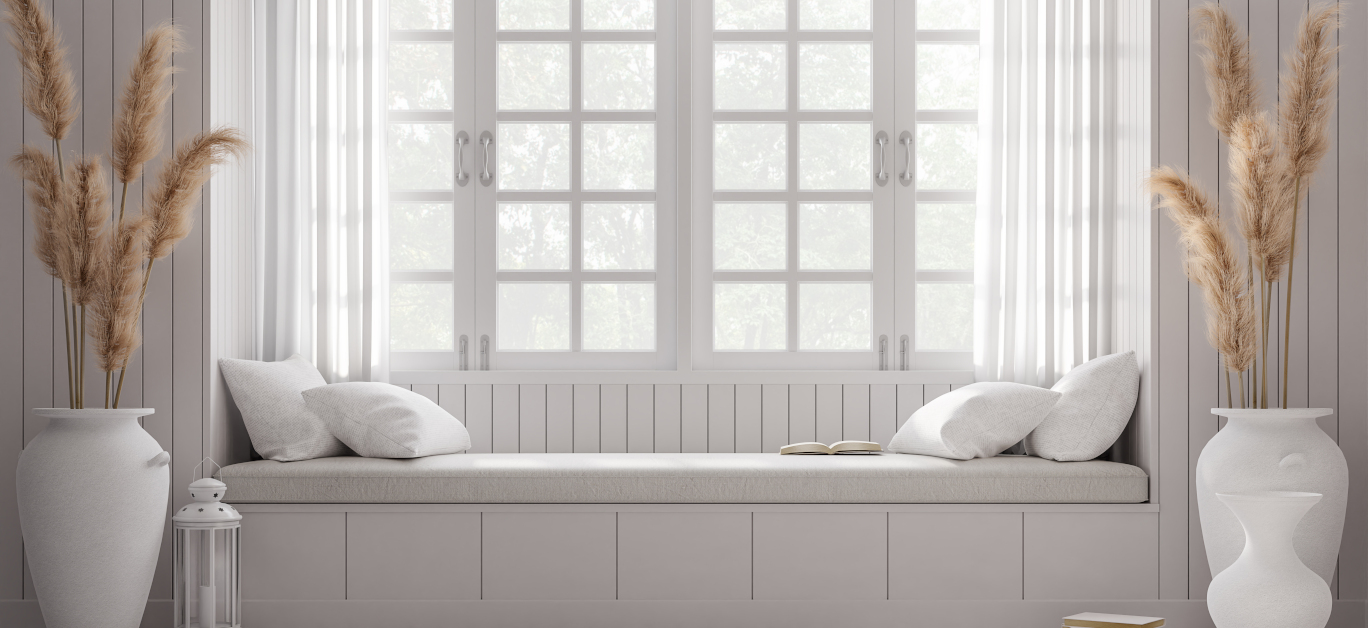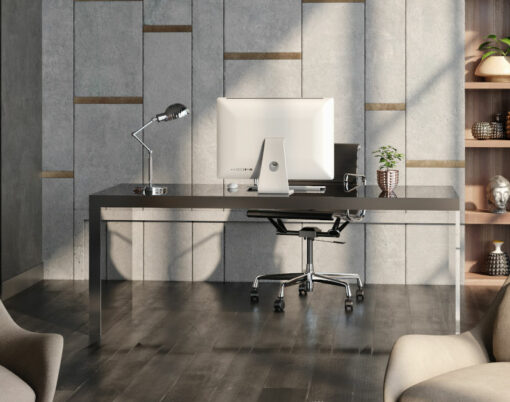When designing your dream home, there’s a lot to consider, but one of the features that often isn’t given enough thought is the type of windows you choose. They might seem one and the same, but in actual fact, there are a number of different types to choose from, and their differences go far beyond the aesthetics alone. From energy efficiency to safety and sustainability, the perfect windows for your beautiful new abode will depend partly on your taste and individual needs, so working out what’s important to you is key before making the decision.
And of course, knowing exactly what the options are and what’s available to you in the first place is the first step to narrowing them down and picking your finalists. We asked the experts at Canadian Choice Windows and Doors, East York’s leading manufacturer of replacement windows to break down the pros and cons of each, to help you do just that.
Popular types of windows
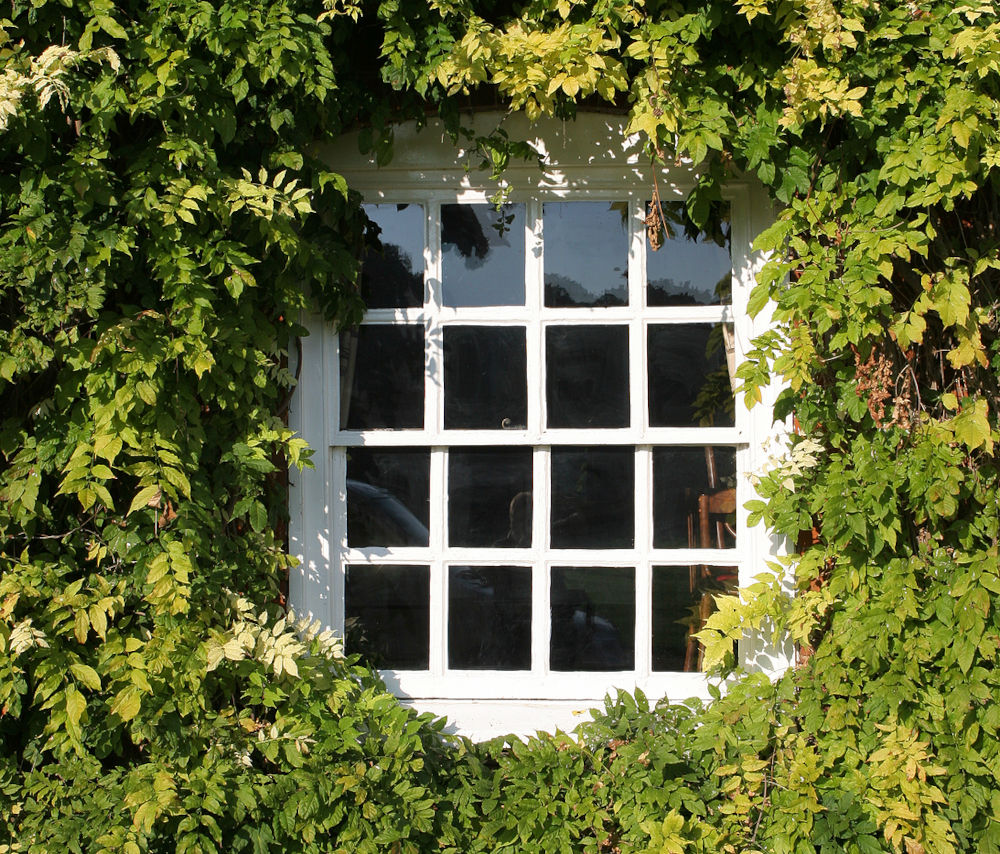
Casement windows
Casement windows are a popular choice for contemporary homes, with the most instantly recognisable type hinged at the side for easy opening. You may also find these in slightly different varieties – for example, a top hung casement window is hinged at the top instead, and is a better choice for opening during wet weather as it can still keep the rain out. Large casement windows are a cost-effective choice as they are made in modular, standard sizes and can open nice and wide for good ventilation – but if you have children and pets, then they might not be the right choice for you, for safety reasons.
Sash windows
Traditional sash windows are often seen in older, period properties and feature one or two sashes, usually sliding over one another to open vertically. You can open this type of window to leave a gap at either the bottom or the top, so if you’re worried about house pets or young children then the latter is a safer way to go and often goes unnoticed by passers-by if you’re looking for discretion.
Sash windows are held open by fastening a set of screws into position, which means they stay secure and won’t bang open and shut in windy weather. If you own a period property or are keen to inject some more traditional styling into your new abode, then these are a great pick.
Fixed windows
If you’re eager to let more natural light into a space that is already well ventilated, then you might want to consider having some fixed windows installed. These decorative windows can’t be opened or closed – hence the name – so are not a good choice if you like to let the fresh air in as often as possible – but they do help to brighten up smaller, darker spaces and can be a good choice for children’s rooms.
Window frame materials
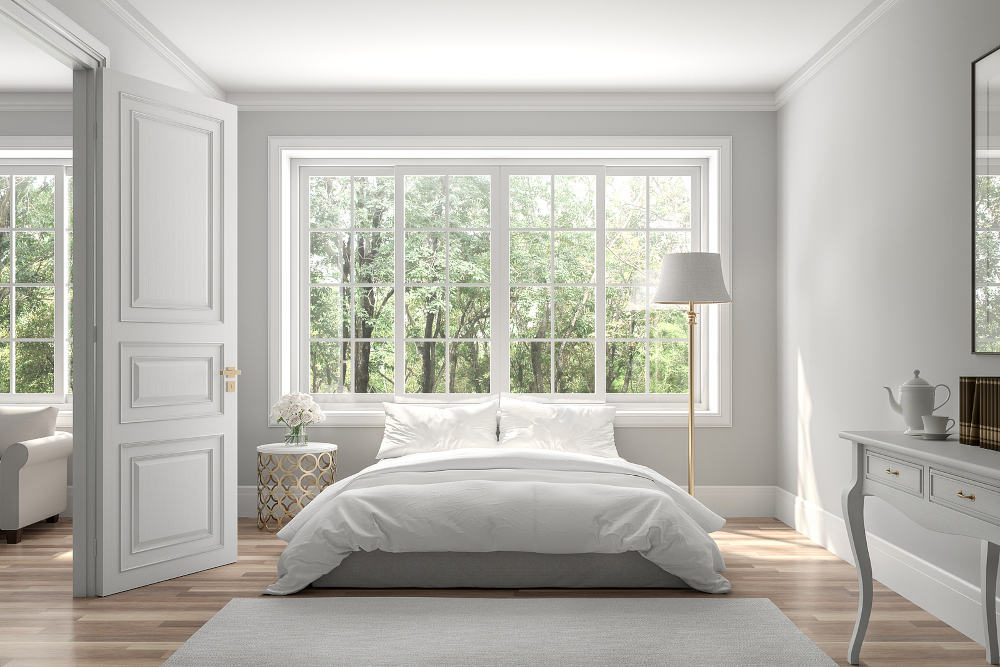
There are a variety of different window frame materials to choose from, and which you opt for will ultimately depend on your goals. While some score maximum points for sustainability, others might be lower maintenance – but one thing is for certain – as with most things in life, you get what you pay for.
Timber windows, for example, are a natural and more insulating choice than most commonly used window frame materials, and come in a variety of designs, shades and finishes. If you’re concerned about your project’s environmental impact, you can opt for wooden frames made from recycled materials.
Aluminium windows are a robust alternative and are often favoured for their strength and stability, as well as being incredibly low maintenance and resistant to corrosion. They’re also fully recyclable at the end of their lifespan. You can also choose from plastic or composite frames, both of which have come a long way over the years and today, are as attractive and sophisticated-looking as their counterparts.
Energy efficiency
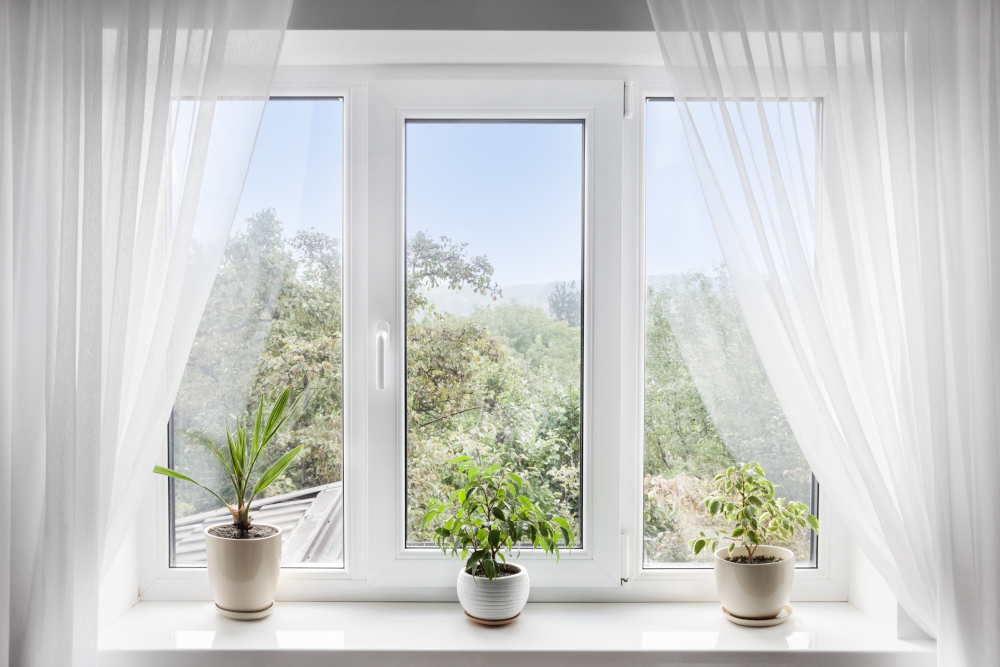
Energy efficiency has always been a vital consideration when choosing the right windows for your home, but never more so than now. With energy prices surging and global climate issues continuing to gather momentum, keeping our usage down and reducing our carbon footprints is something a growing number of people are concerned about.
This is achieved by creating a sealed building envelope, which means windows play an important role, with their efficiency measured by what’s called a ‘U-value’. The lower the number, the better its heat retention properties – these days, most windows are supplied already fully factory glazed and completely sealed to ensure optimal performance and quality, but it’s always worth comparing U-values to ensure you’re making the best possible choice.
Security
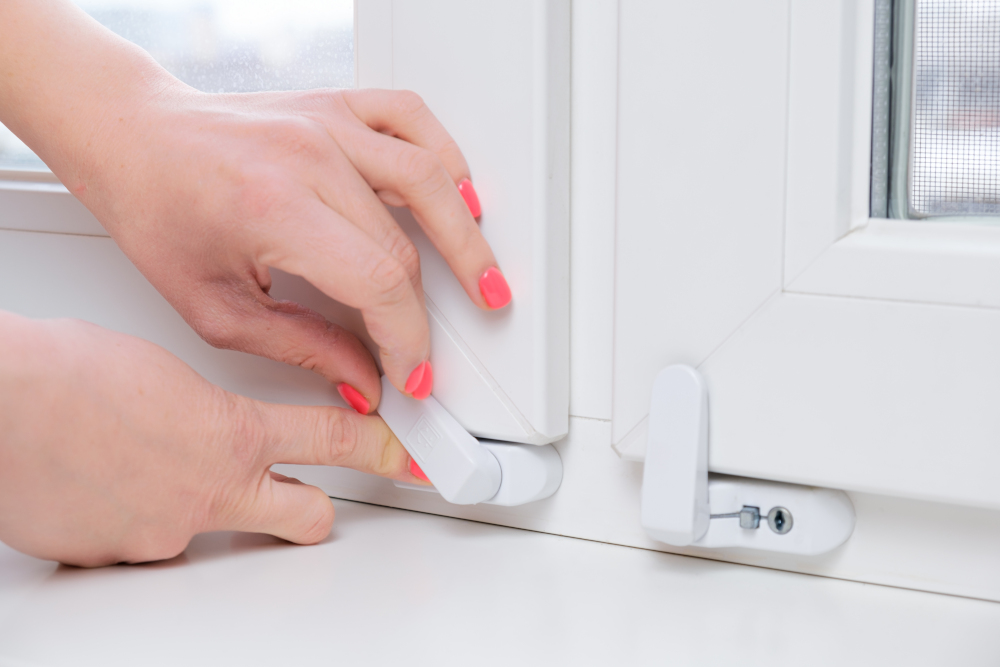
According to Barrie windows company Canadian Choice Windows and Doors, security is an important consideration when choosing your windows, and this has become increasingly key following the introduction of the Part Q building regulation back in 2015.
The standard, which covers both England and Wales, sets out the basic requirements for windows and doors in terms of how they are able to resist forced entry from intruders, so if you’re planning on installing your windows in the basement or the ground floor – both of which are deemed easily accessible – then be sure to check that they meet the British Standard PAS24 or equivalent.












